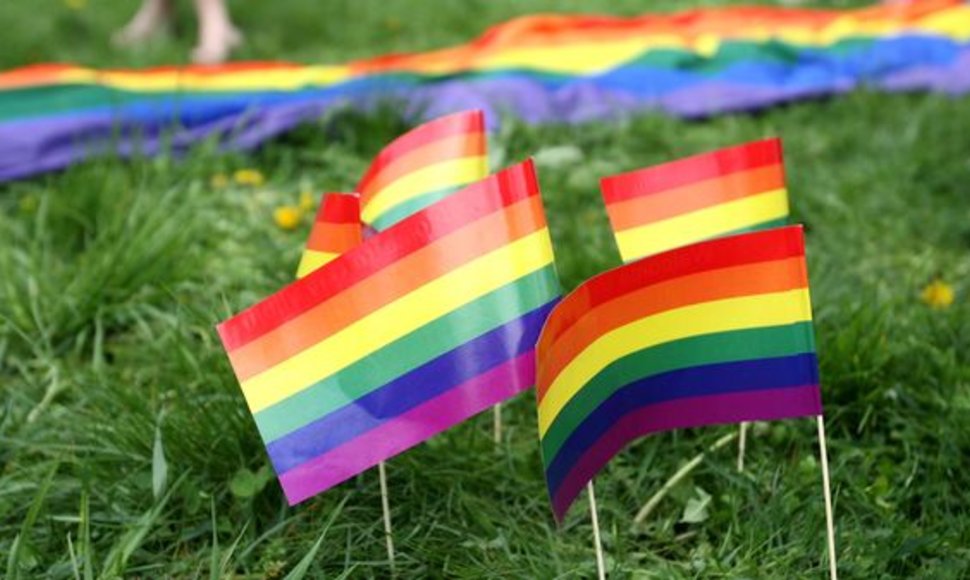In its Rainbow Map, ILGA-Europe assesses legal framework affecting LGBTI rights in areas like anti-discrimination policies, recognition of same-sex family relations, protection against hate crime, legal gender recognition, etc, giving each country a score from zero (gross violation of human rights) to one hundred (full equality). The United Kingdom (77) scored best among 49 nations, while Russia (7) was at the bottom.
With a score of 21, Lithuania placed 31st among 49 European countries, below Estonia (29) and Poland (22), but above Latvia (20).
Summarizing the situation of LGBTI people in Lithuania, ILGA-Europe said in its Annual Review: "Homophobic statements by Lithuanian politicians continued to contribute to a climate of intolerance towards LGBTI people which included the comparison of homosexuality to necrophilia and paedophilia. Some of these homophobic positions were translated into two proposed amendments to the Constitution, one to ban ’propagation of homosexual relations’, and another one to equate family with marriage and parenthood. Both proposals were rejected by the Parliament.
"Lithuania also continues to fail to implement the decision of the European Court of Human Rights to provide legal framework for legal recognition of trans people. On a positive note, a Lithuanian court fined a man for publishing hateful comments on Facebook. For the first time, a political party expressed its support towards recognition of legalisation of civil partnerships for same-sex partners."
ILGA-Europe notes several suspect initiatives to amend the constitution that were proposed to the Lithuanian Parliament, one criminalizing "propagation of homosexual relations" and another inscribing into the Constitution that only opposite-sex spouses can be considered family, in 2012. Both initiatives were unsuccessful.
Moreover, in November, MP Antanas Matulas submitted a legislative proposal in order to explicitly prohibit gender reassignment surgeries in Lithuania. The explanatory memorandum of the proposal identified gender reassignment surgeries as "castration of healthy individuals, who could otherwise bear children." The Department of Law and the Department of European Law within the Parliament, however, criticised the proposal by indicating that it was based on transphobic prejudices and that it would breach the principle of legitimate expectation. The Lithuanian Civil Code envisages a procedure of changing one's documents after sex reasignment, making reference to a law that has yet to be adopted.
In 2012, a number of leading Lithuanian political parties made their position on the legal recognition of same-sex relationships publicly known. In a press release, Algis Čaplikas, the Chairman of the Liberal and Centre Union stated that the party was against the legalisation of same-sex partnerships. Similarly, Irena Degutienė, conservative leader and the former Speaker of the Parliament, claimed that she would actively oppose the legalisation of same-sex partnerships.
The only party to publicly express support for legalising same-sex partnerships was the Liberal Movement. In a television debate, Eligijus Masiulis, the Chairman of the Liberal Movement – then part of the ruling coalition – said that his party was “in favour of the legalisation on civil partnership, regardless of the sex of the partners”.
Public opinion surveys still show a level intolerance for homosexual and trans people well above EU average, according to ILGA-Europe, yet people are becoming more aware of discrimination against them.
ILGA-Europe Annual Review 2013 and Rainbow Europe Map can be accessed here.












